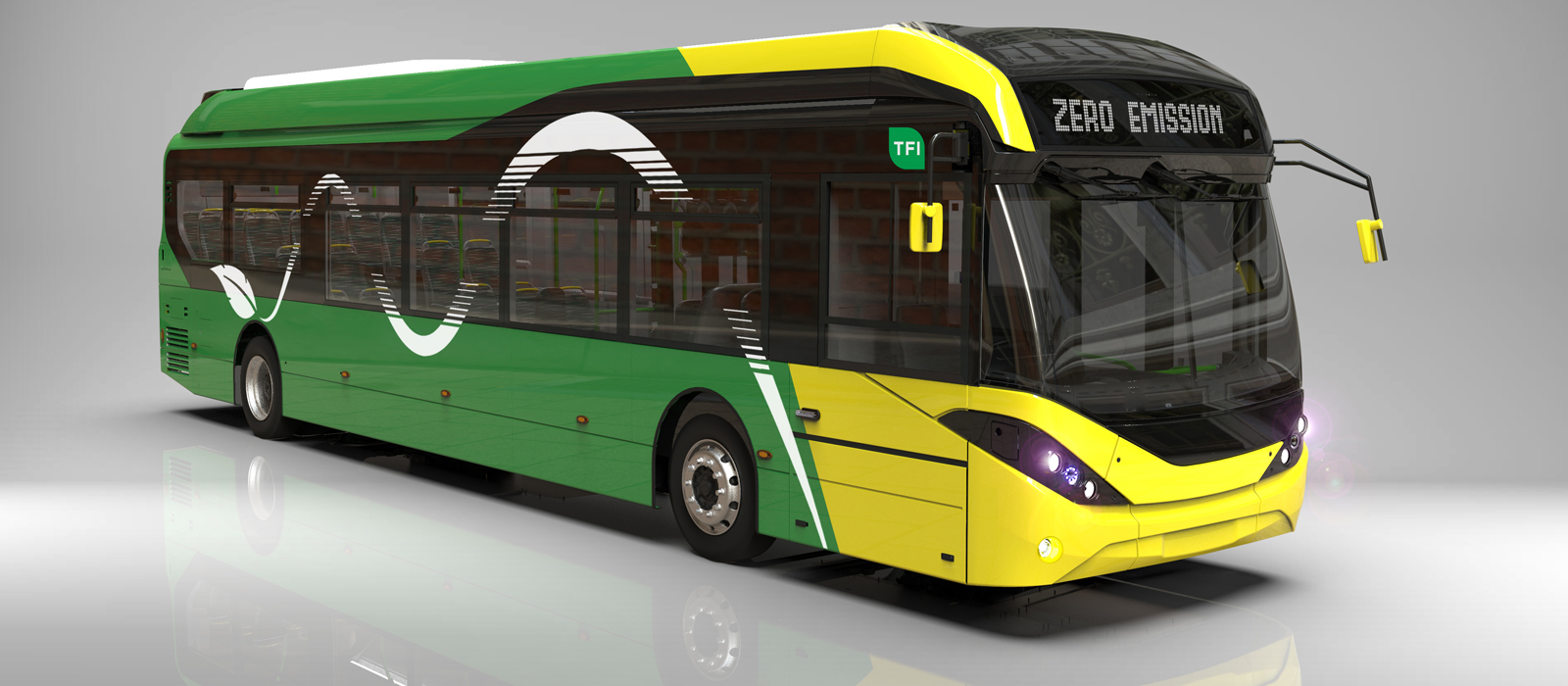The National Transport Authority (NTA) has today commenced a market consultation process ahead of one or more procurement competitions for zero-emissions and/or ramp-accessible coaches.
Information obtained from interested parties that participate in this market consultation exercise will be used by the NTA for the purpose of informing the planned procurement(s).
It will also allow the NTA to progress actions within the Irish Government’s Climate Action Plan 2023 and National Sustainable Mobility Policy, relating to the development of a strategy for the transition of long-distance PSO and commercial bus services to low-emission technologies.
As part of its national statutory function to provide bus infrastructure and fleet, the NTA has, since 2017 procured new buses and coaches for use by its contracted bus operators in the provision of Public Service Obligation (PSO) bus services.
Since July 2019, the NTA has also, in line with Irish Government policy, purchased only low and zero-emission urban buses, and from 2023 onwards all urban buses purchased by the NTA will be zero-emission.
In addition, there have been significant advances in the design of new coaches purchased by the NTA in recent years, most notably ramp-accessible single-deck coaches incorporating a low-floor area within which a permanent wheelchair space is located.
However, it has proven challenging to procure coaches with lower exhaust and CO2 emissions than the EURO VI coaches that represent the NTA’s most recent purchases.
The NTA is therefore seeking to commence one or more procurement process(es) for zero-emission and/or ramp-accessible coaches.
”Zero-emission” means a coach that qualifies as a zero-emission heavy duty vehicle in accordance with the definition contained within DIRECTIVE (EU) 2019/1161.
“Ramp-accessible” means a coach with a permanent wheelchair space within a low-floor area into which access from the exterior of the coach is effected solely via an integral folding ramp at a passenger doorway, such ramp being able to be traversed by the wheelchair without any mechanical lifting or raising of the wheelchair being necessary.
These zero-emission and/or ramp-accessible coaches are envisaged as the successors to the ramp-accessible single-deck and double-deck coaches procured by the NTA in recent years.
They are also potential future replacements for the traditional high-floor single-deck coaches operating longer-distance journeys. However, for this potential application it will be essential to improve accessibility for persons with reduced mobility while also maintaining the established luggage capacity and passenger comfort requirements of long-distance coach travel.
